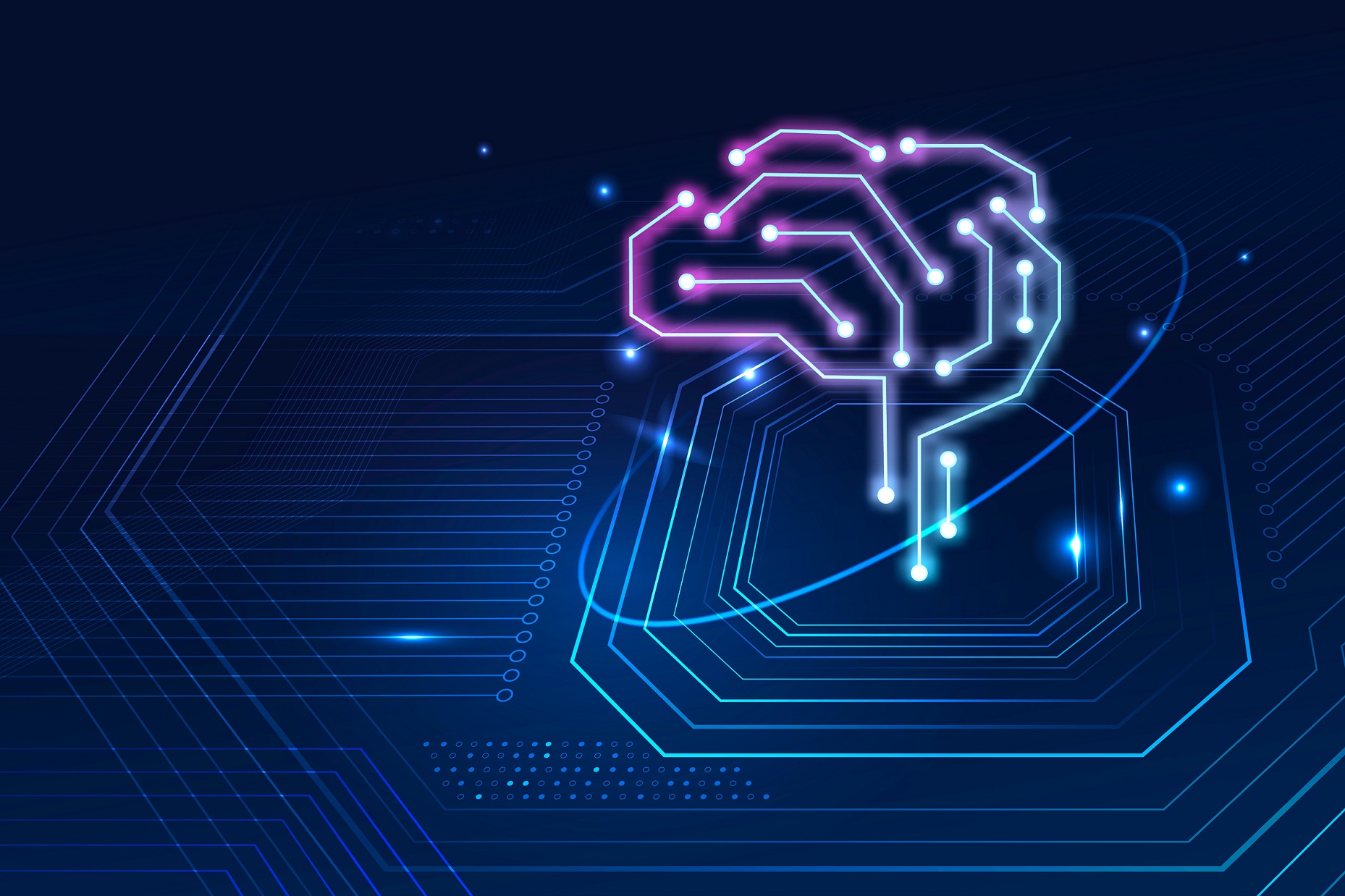A few years ago, AI was a futuristic term that scared people with the loss of jobs and the takeover of the world by robots. The launch of Chat GPT and other neural networks showed the real possibilities of artificial intelligence in simplifying the work of copywriters, translators, developers, analysts, and so on. However, the automation of tasks that were previously only achievable by humans is causing us to think about how much it will affect the job market and which professions will face real competition
Expert predictions.
Large research organizations and companies are making estimates of the impact on the job market:
- Goldman Sachs analysts estimate that AI could replace the equivalent of 300 million fully employed jobs, and two-thirds of jobs in the US and Europe “are subject to some degree of automation using AI”;
- Researchers from the University of Pennsylvania and OpenAI found that some educated white-collar workers earning up to $80,000 a year will be the most affected by automation of the workforce.
- According to a report by the Massachusetts Institute of Technology and Boston University, by 2025, artificial intelligence will replace up to two million manufacturing workers.
What changes have already occurred?
- Job vacancies have emerged that require proficiency in using AI tools, for example, a copywriter. Employers prefer candidates who can use such assistants.
- A huge number of courses and training programs have emerged, offering to teach the use of neural networks for various tasks.
- Some professions are already fully or partially automated by AI tools, such as translators. Companies are looking for sources of savings in the internal environment and prefer to provide employees with software tools.
Who can be replaced by AI?
Employees who perform repetitive operations and make decisions within prescribed rules and instructions are at risk:
Customer service representatives
In most cases, customer inquiries and problems are repetitive. Answers to these questions do not require high emotional or social intelligence. Therefore, AI can be used to provide automatic answers to frequently asked questions.
Registrars
Most companies around the world now use robots at reception. Even phone calls are now managed by artificial intelligence, which can see, listen, understand, and speak with guests and customers.
Accountants
Artificial intelligence will ensure the proper collection, storage, and analysis of data. Using an AI accounting service is significantly cheaper than paying an employee to do the same job.
Salespeople
Advertising has shifted towards the internet and social networks. Built-in targeted marketing capabilities in social networks allow advertisers to create individual content for different types of audiences. This has led to salespeople performing functions that require little charisma and personal qualities.
Research and analysis
The computing power of modern computers allows for efficient sorting, extrapolation, and analysis of data. As artificial intelligence continues to improve, people may not need to play a role in data analysis and research.
Warehouse workers
Basic warehouse automation and AI provide easy access to computerized systems for parcel location and personnel management, and in the future, may even perform mechanized search and loading to increase delivery throughput.
Insurance underwriting
When assessing the viability of insurance applicants, the most important work often involves analyzing existing data and applying it within a set of formulas or structures. Automation can easily perform these tasks and constantly adapt to perform more complex tasks, reducing the number of underwriters required by a company.
Retail trade
Self-checkout machines in stores are an example of automation in the retail industry and have become widespread in grocery stores and large retail points. When a company uses self-checkout machines, it is the result of cost analysis and benefit.
Translators
AI has learned to understand text and convey its meaning in another language as well as humans without losing important details and the meaning of the text.
Which professions cannot be replaced now?
Employees who apply personal qualities, charisma, experience, and professional intuition in their work can feel relatively safe::
Teachers
The success of the learning process depends on how well the teacher can inspire and motivate students, so it is unlikely that we will have a completely digital learning experience in the future.
Lawyers and judges
These positions have a strong negotiating, strategic, and situational analysis component. Much is based on the personal experience and knowledge of each specialist. A certain set of skills is required to be able to navigate complex legal systems and defend them.
Directors, managers, and CEOs
Managing teams within an organization requires a certain charisma and leadership, which is difficult to transform into code and process linearly. In the foreseeable future, AI is unlikely to “feel” how to motivate different people and interact with them correctly.
Human resources managers
AI makes resume screening much easier and faster, but it does not have the intuition and professional flair to distinguish between a good candidate and a mediocre one who embellishes their skills and achievements; it cannot mediate to extinguish conflicts and difficult situations in the company.
Psychologists and psychiatrists
Human touch and confidential conversation are necessary when it comes to supporting people to succeed in all aspects that this may entail. AI is not yet able to feel this threshold and understand the true causes of people’s psychological discomfort.
Surgeons
Micro-robotics allows for less invasive procedures. However, it does not have the specific intuition that allows it to assess the situation in minutes without collecting data and make fateful decisions.
Creative professions
Although AI is technically capable of absorbing the content of most books in the world, it cannot combine words and visual objects into beautiful and memorable images that evoke emotions and feelings.
Even these abovementiones specialists should not relax, as AI provides new tools for almost all specialists. Therefore, it is necessary to study their capabilities to be a competitive specialist in the labor market and work effectively.
Subscribe to our socials and tell us about your experiences with AI and neural networks!

